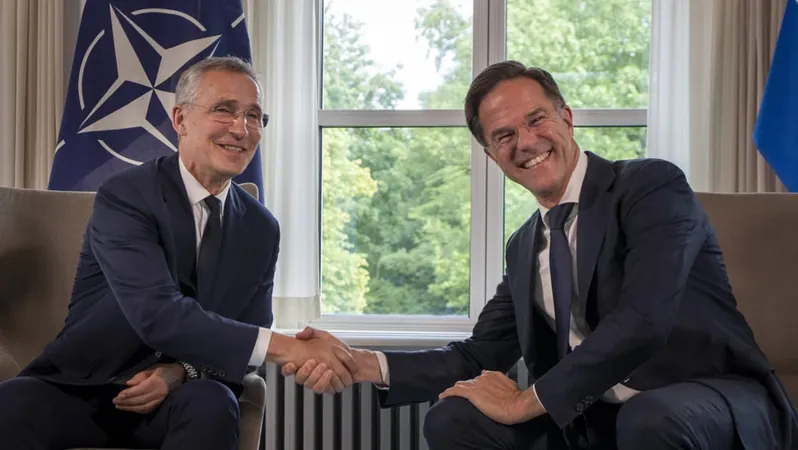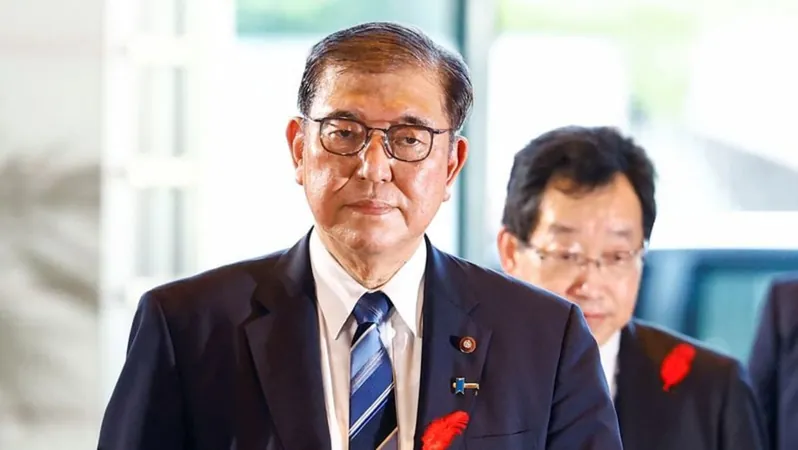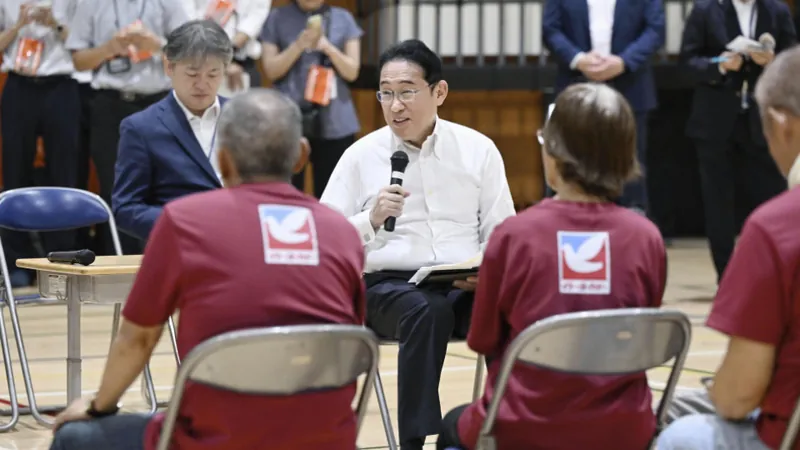
A New Chapter Begins: Stoltenberg’s Legacy at NATO and the Challenges Ahead
2024-09-30
**BRUSSELS**: After a remarkable decade leading the North Atlantic Treaty Organization (NATO), Secretary General Jens Stoltenberg will officially step down from his position on October 1, following an extensive tenure marked by unprecedented global challenges, primarily shaped by Russia's invasion of Ukraine.
Stoltenberg's legacy is expected to be defined by his stewardship during a transformative period for the 32-member alliance. Taking the reins in March 2014—shortly after Russia annexed Crimea—Stoltenberg immediately faced the task of unifying the alliance in response to an increasingly aggressive Moscow.
Under his leadership, NATO saw member nations commit to substantial defense spending, with an agreement for each country to allocate 2% of their GDP towards military readiness, a significant shift reflecting the rising security threats from Russia. Stoltenberg also oversaw the conclusion of NATO's 11-year mission in Afghanistan, recalibrating the alliance's focus towards European security.
As geopolitical tensions escalated, Stoltenberg navigated a series of crises and key developments, including the failed coup in Turkey in 2016, the NATO-skeptical rhetoric during Donald Trump’s tenure in the United States, Turkey's military operation in Northern Syria, and the persistent threat of Russian expansionism.
However, it is the ongoing war in Ukraine that has defined Stoltenberg's final years. The conflict represented NATO's most acute crisis in over three decades. Although Ukraine is not a NATO member, its strategic position between Europe and Russia and its close ties with the alliance have made it a focal point for NATO operations and support.
Immediately following the full-scale invasion in February 2022, NATO demonstrated its readiness. Stoltenberg convened the North Atlantic Council to activate defense strategies stretching from the Baltic to the Black Sea, enabling member countries led by the United States to rally support for Ukraine through arms and humanitarian aid.
Despite ongoing conflict, NATO member nations have pledged future support for Ukraine's defense and reconstruction efforts, formally assuring Kyiv of membership once hostilities cease.
Strengthening NATO’s Resolve
Stoltenberg's term was marked by a proactive approach to deterrence amidst genuine concerns of a Russian incursion into Europe. The UK’s ambassador to NATO, David Quarrey, highlighted Stoltenberg's exceptional background in finance and governance as vital to managing crisis moments, highlighting his unique blend of humor, warmth, and directness.
Beyond immediate threats from Russia, Stoltenberg expanded NATO’s focus to include operations in the Arctic, cybersecurity issues, and the alliance’s strategic posture regarding growing Chinese influence. During his decade of leadership, he has overseen NATO's expansion with four new member states: Montenegro, North Macedonia, Finland, and Sweden, each joining after significant regional shifts particularly catalyzed by Russian aggression.
In his farewell address, Stoltenberg emphasized the importance of the transatlantic relationship. “Security challenges are too vast and complex for any country to tackle alone,” he remarked. He also underscored that negotiations would be essential for any resolution to the Ukraine conflict.
Diplomatic circles suggest Stoltenberg will depart with a stronger NATO, well-prepared for his successor, former Dutch Prime Minister Mark Rutte, who faces an array of challenges, including managing relations with a potentially different U.S. administration and rising tensions with China.
Looking ahead, after NATO, Stoltenberg is anticipated to chair the prestigious Munich Security Conference, a key platform for global leaders focused on pivotal military and political issues worldwide. As the alliance prepares for its next chapter, the foundational work laid by Stoltenberg will surely resonate as NATO continues to evolve in an unpredictable global landscape.



 Brasil (PT)
Brasil (PT)
 Canada (EN)
Canada (EN)
 Chile (ES)
Chile (ES)
 España (ES)
España (ES)
 France (FR)
France (FR)
 Hong Kong (EN)
Hong Kong (EN)
 Italia (IT)
Italia (IT)
 日本 (JA)
日本 (JA)
 Magyarország (HU)
Magyarország (HU)
 Norge (NO)
Norge (NO)
 Polska (PL)
Polska (PL)
 Schweiz (DE)
Schweiz (DE)
 Singapore (EN)
Singapore (EN)
 Sverige (SV)
Sverige (SV)
 Suomi (FI)
Suomi (FI)
 Türkiye (TR)
Türkiye (TR)